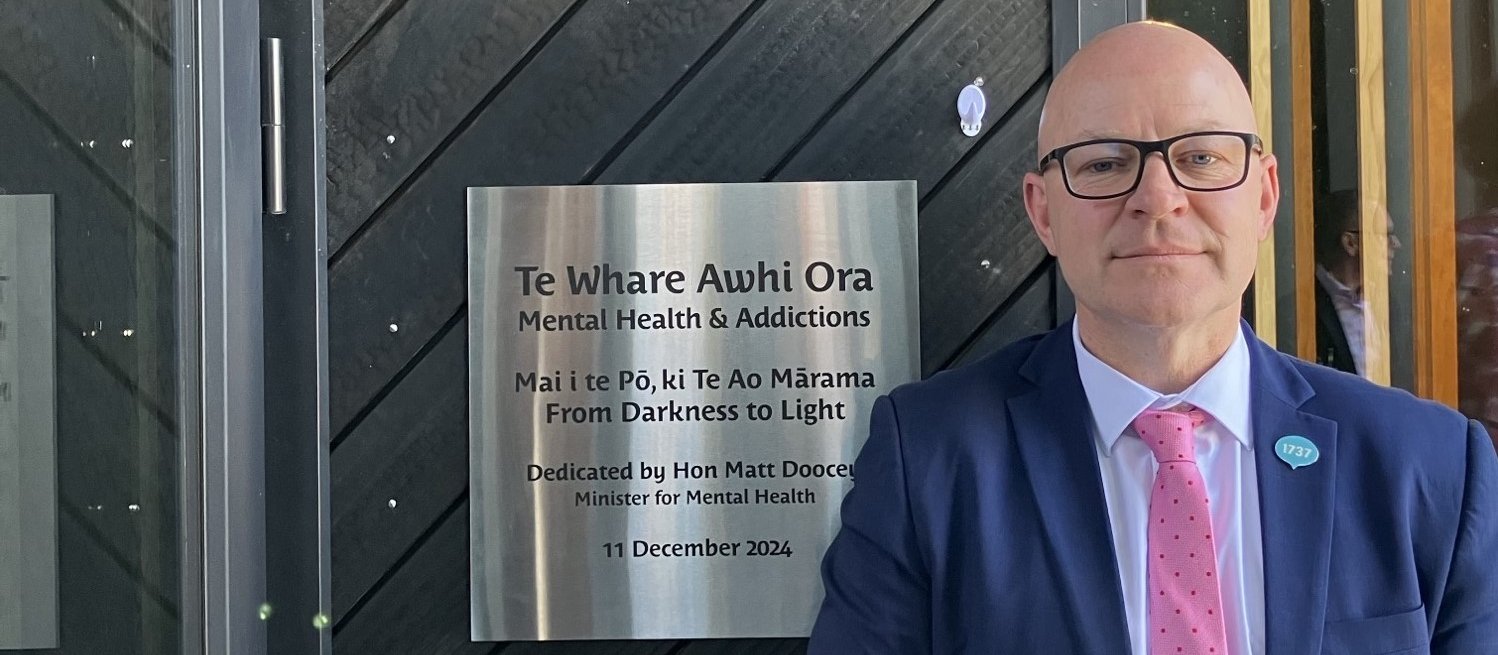For older people and frail people, the long-term benefit of medicines reduces and the potential for harm from adverse effects increases. When the benefit–risk balance changes in this way, medicine review and optimisation are important to simplify the therapeutic regimen, reduce inappropriate medicines and minimise risks. In this article, pharmacist prescriber Linda Bryant uses two case studies to illustrate important considerations during medicine reviews
Gisborne receives mental health beds boost
Gisborne receives mental health beds boost

Minister for Mental Health Matt Doocey today opened Gisborne Hospital’s new acute mental health unit, Te Whare Awhi Ora, and says the region will be better served by a bigger, more therapeutic acute mental health unit.
“I have been clear that we need to build a strong mental health and addiction system that spans prevention, early intervention, primary mental health services and specialist services,” Mr Doocey says.
“This facility is an important step toward that vision for Gisborne and I feel privileged to be here today alongside the staff and community to celebrate its official opening.”
The $31.1 million upgrade replaces the existing eight beds with a ten-bed facility including five general ward rooms, three high-dependency rooms and two short-stay rooms.
“Increasing access to mental health and addiction support is a priority for our Government. Upgrading our mental health infrastructure and increasing bed numbers is central to this.
“We want to see improved access across the regions to timely and modern mental health care models to help New Zealanders get the help they need, when they need it.
“Te Whare Awhi Ora is a beautifully designed space that will allow people to receive the care they need to get well, while also better assisting our hard-working staff to better support service users.”
Te Whare Awhi Ora will be open to patients from January 2025.



